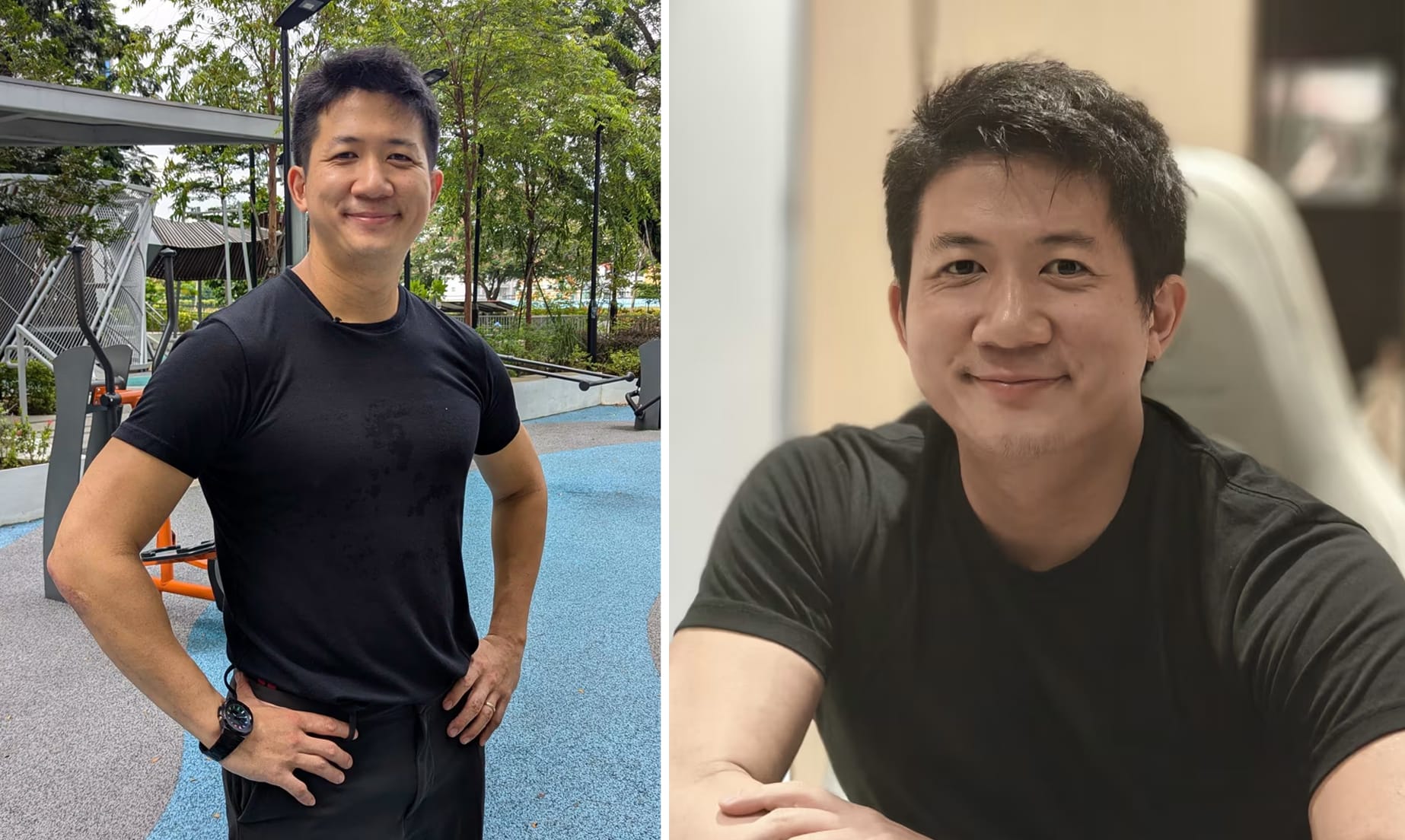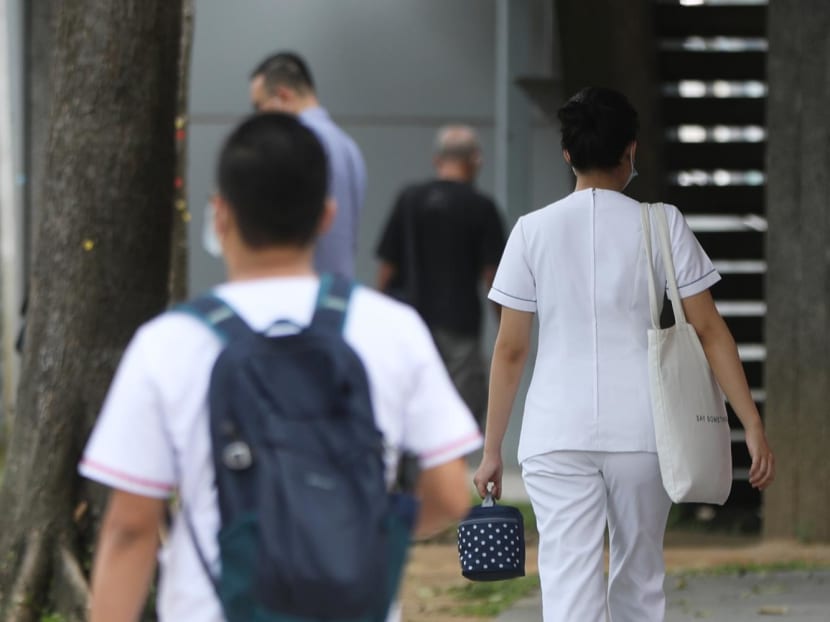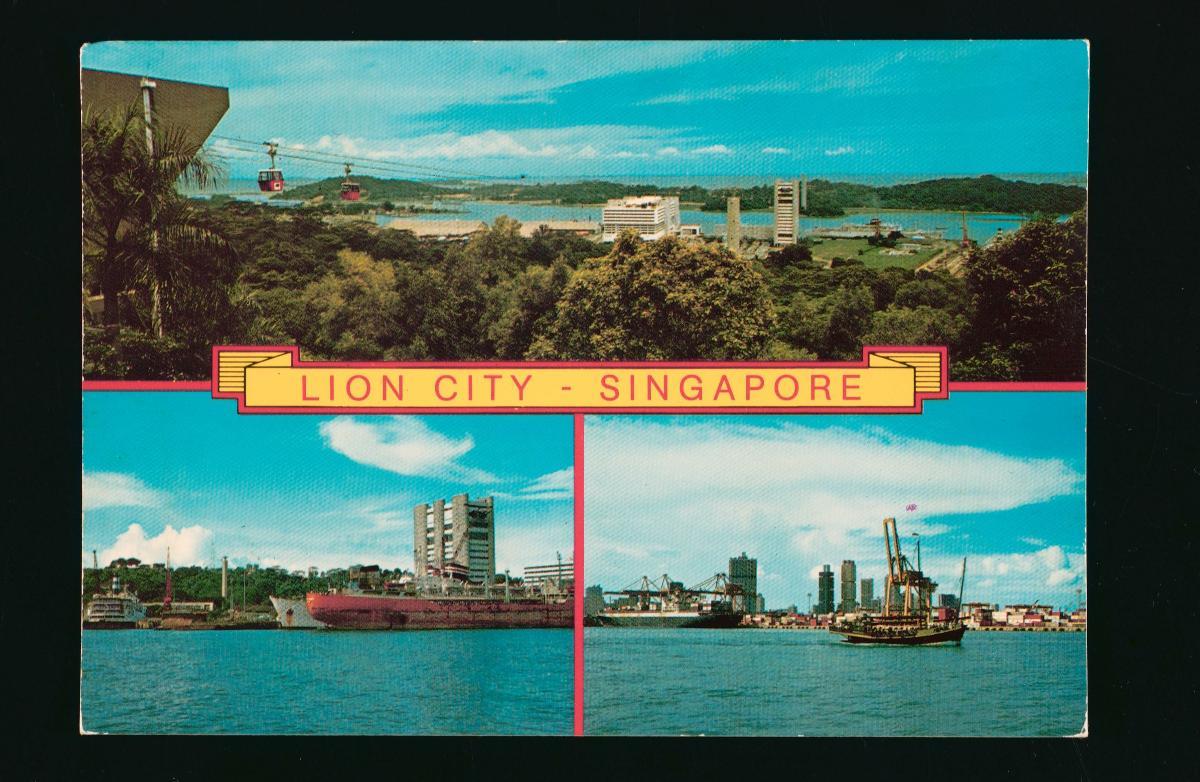Labour Policies, CPF Reforms, and the Fight for Local Talent - Discussion with Jeremy Tan
Singapore’s economic engine is sputtering. With an aging workforce, rising competition from foreign talent, and a CPF system under scrutiny, the GE2025 election has ignited fierce debates about the future of work and wealth. In a no-holds-barred panel discussion on TFC GE2025 Special, experts dissected the policies—and pitfalls—shaping Singapore’s labor landscape.

CPF: Safety Net or Straitjacket?
The Central Provident Fund (CPF) dominated the conversation, with panelists split on its role. Anthony Ong, TFC Co-host and Retail Investor, argued, “CPF isn’t my retirement plan—I focus on building wealth beyond it.” He criticised its rigidity, noting that younger Singaporeans view it as a “safety net with holes,” given uncertain long-term governance.
Eddy Hirono, a lawyer and founder of SailorFanTalk, took a harsher stance: “CPF is paternalistic. It stifles creativity and ownership. We’re training a generation to rely on the state instead of innovating.”

Meanwhile, Jeremy Tan, Independent Candidate for Mountbatten SMC 2025, defended CPF’s intent but acknowledged flaws:
“The system should adapt to gig economies and non-linear careers, not just traditional salaried roles.”
Foreign Talent: Boon or Brain Drain?
The panel clashed over Singapore’s reliance on foreign professionals. Anthony highlighted a visceral frustration: “Companies hire cheaper foreign grads, displacing locals. A 48-year-old retrenched worker can’t compete with a 23-year-old overseas hire, even with reskilling subsidies.
Jeremy proposed radical solutions:
- “1 EP per $100k local salary”: Companies earn Employment Pass quotas by investing in local talent.
- “Train-to-replace” programs: Incentivize firms to upskill Singaporeans for specialized roles.
Eddy warned of unintended consequences: “Protectionism could deter global investors. But without safeguards, our workforce becomes a revolving door for transient talent.”
Catch the livestream playback here
Education: Mismatched Skills, Missed Opportunities
The panel lambasted Singapore’s education system for prioritising conformity over creativity. Anthony shared an anecdote: “A parent told me, ‘My kid wants to start a business, but I’m forcing law school—it’s safer.’ That mindset kills innovation.”
Jeremy echoed the sentiment: “MOE’s 21st Century Competency Framework sounds great on paper—self-directed, resourceful learners—but the system still rewards rote memorisation.” He cited the story of Neil Tan, a viral example of a student pressured into traditional paths despite entrepreneurial ambitions.
Eddy called for systemic change: “We need to stop churning out ‘PR-ready’ graduates and start nurturing problem-solvers. Let’s teach kids to build companies, not just resumes.”

Retrenchment & Reskilling: Too Little, Too Late?
Retrenchment policies faced sharp criticism. Anthony highlighted a loophole: “Firms abuse the $600 reskilling grant. They ‘interview’ laid-off workers while hiring cheaper foreign talent.”
Jeremy proposed accountability measures: “Tie grants to outcomes. If a company retrenches, claw back subsidies unless they prove genuine upskilling efforts.”
Eddy questioned the viability of reskilling older workers: “A 45-year-old retrained in AI competes with 25-year-olds who’ve coded since childhood. It’s demoralising and impractical.”

The “Postcard City” Dilemma: Who Benefits?
The panel debated whether Singapore’s policies favour global elites over locals. Anthony quipped, “We roll out the red carpet for foreign wealth but ignore the ‘food-insecure seniors’ highlighted in STP’s manifesto.”
Jeremy warned of a growing divide: “We’re becoming a playground for the rich while locals struggle with stagnant wages. That’s not sustainable.”
A Call for Bold Stewardship
Singapore stands at a fork in the road: double down on globalisation or prioritise local resilience. As Eddy put it, “Policies must balance openness with fairness. We can’t be a hub for global talent if our own people feel left behind.”
With GE2025 looming, voters face a choice: incremental tweaks or systemic overhaul. The panel’s consensus? “The CPF isn’t broken—it’s outdated. Foreign talent isn’t the enemy—it’s mismanaged. And the education system? It’s a relic of the past.” The future hinges on who dares to reimagine it.
Let us know what you think about this topic, and what do you want to hear next.
Read more on these party policies breakdown on:
- Full guide comparison on Party's Manifesto - CPF, Housing, Retirement, Wages, etc
- Party's Manifestos
- Party's CPF Plans for Singapore
- Housing comparison
- Healthcare
- PMETs & Career
- Digital Economy Policies
- Aspirations of Singapore’s Gen-Z, Millennials & Gen-X Workforce
- Balancing Ambition with Financial Realities
- Redefining Family and Social Success in Singapore's GE2025 Manifestos
You can now be our community contributor and make a pitch to have your favourite personality be on our show.
Join our community group and drop us your insights on this topic.

-3.png?width=50&name=Square%20(2)-3.png)




-2.png?height=200&name=2024%20website%20assets%20(1)-2.png)




Let us know what you think of this post